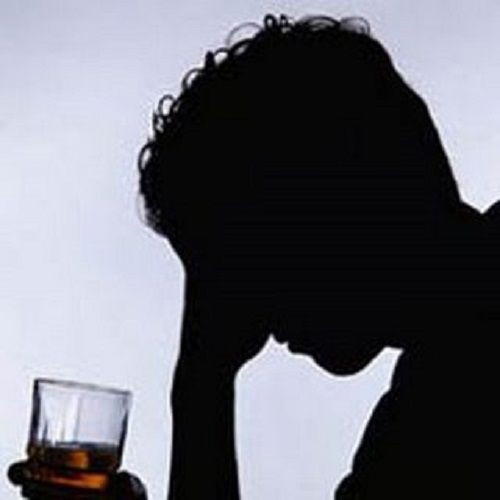Impulsive Adolescents Could Be More Prone to Drink Heavily

Previous studies have already shown that adolescents, and even children, are trying alcohol at younger ages. But now, researchers at the University of Liverpool have discovered that impulsive tendencies seem to play a part in heavy drinking at an early age, and they believe focusing on such behavior could prevent kids from abusing alcohol.
U.K. studies found that about 24 percent of 12-year-olds had at least one occurrence with consuming alcohol, and by 15 years old the number had risen to 77 percent.
"Young people in the UK are starting to drink alcohol at a younger age than in the past, and much of this reflects broad social trends," Professor Matt Field, from the University's Institute of Psychology Health and Society, said in a press release. "There are, however, significant differences in the age at which teenagers start to experiment with alcohol and the age at which they start drinking regularly."
Considering this, researchers conducted tests measuring inhibitory control, risk taking, and ability to delay gratification, on adolescents aged 12 to 13. The adolescents took the tests again every six months for two years of the study.
At the end of the two years, the results showed that those who exhibited impulsive tendencies were also the ones who drank heavier and went on to develop drinking problems. The researchers also wanted to see if heavier drinking could lead to impulsiveness, however, they found no correlation. This suggests that the link only goes one way - from impulsiveness to heavier drinking.
"It is important to identify the psychological characteristics of adolescents who are likely to go on to drink heavily, because this can help us target alcohol prevention more effectively," Field said. "In addition, we need to identify the consequences of heavy drinking during adolescence for health in general, and brain development in particular."
The National Institutes of Health says underage drinking could have a tremendous impact on the development of adolescents' brains, with other impairments including liver damage, and abnormal growth and hormone production during puberty.
Another study recently found that the increasing number of early drinkers isn't only present in the U.K. Researchers monitored a group of 452 Pittsburgh children, who were eight at the beginning of the study, for ten years. They found that at eight years old, 37 percent of the kids had already tried alcohol. By 12 years old, more than two-thirds had tried it. By 18 years old, 96 percent of the group had tried alcohol and about one-third reported alcohol related problems.
Whether or not these adolescents were more prone to drinking is unclear, but it clearly highlights a necessity for early drinking interventions.
"Our results show that more impulsive individuals are more likely to start drinking heavily in the future compared to less impulsive individuals," Field said. "The next steps are to take these results and apply them to prevention interventions that are tailored to individual characteristics, such as impulsivity."
Source:
Gordon F, Field M, Peeters M, et al. Multiple behavioural impulsivity tasks predict prospective alcohol involvement in adolescents. Addiction. 2013.
Sartor C, Nelson E, Lynskey M, et al. Are There Differences Between Young African-American and European-American Women in the Relative Influences of Genetics Versus Environment on Age at First Drink and Problem Alcohol Use? Alcoholism: Clinical & Experimental Research. 2013.
Published by Medicaldaily.com



























